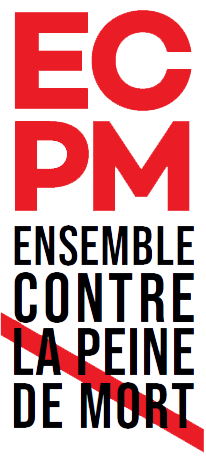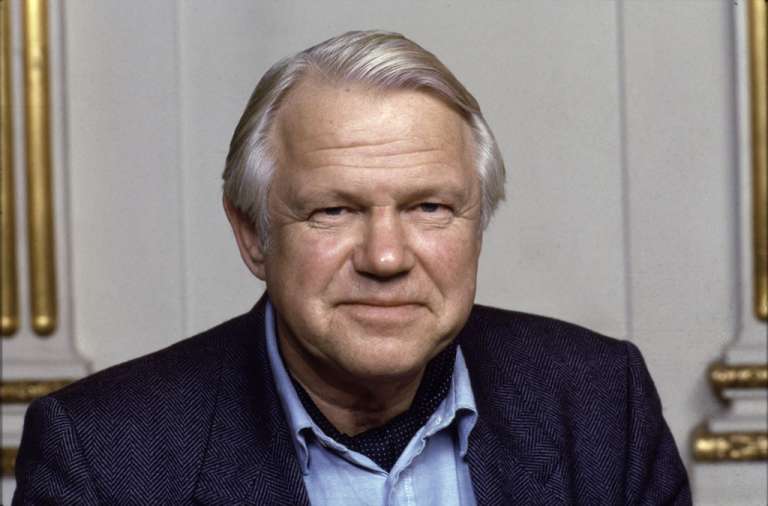If you’re in need of your essay done it is best hiring a professional. They’ll make sure that the paper meets all your requirements and deadlines.Once you have your thesis in place, start working on the body of your write my essays.The most reliable services will provide you guarantees that cover everything from the delivery process and quality as well as plagiarism and originality. They will also provide the option of a refund as well as free revisions.
28
CARL GUNNAR LIDBOM
SUÈDE
© BENGT O NORDIN BON / TT NEWS AGENCY / TT NEWS AGENCY VIA AFP
1926 – 2004
ANCIEN MINISTRE, CO-INITATEUR DU PROTCOLE ADDITIONNEL À LA CEDH CONCERNANT L’ABOLITION DE LA PEINE DE MORT
RESSOURCES :
-
Barbaric punishment
-
Mårten Ehnberg: World and European Day against the Death Penalty 2021
-
Quiz
-
Torture et peine de mort
« L’assemblée, considérant que la peine de mort est inhumaine, fait appel aux parlements de ceux des Etats membres du Conseil de l’Europe […] pour la supprimer de leurs systèmes pénaux. »
Résolution 727 (1980) relative à l’abolition de la peine de mort initiée par Lodborn
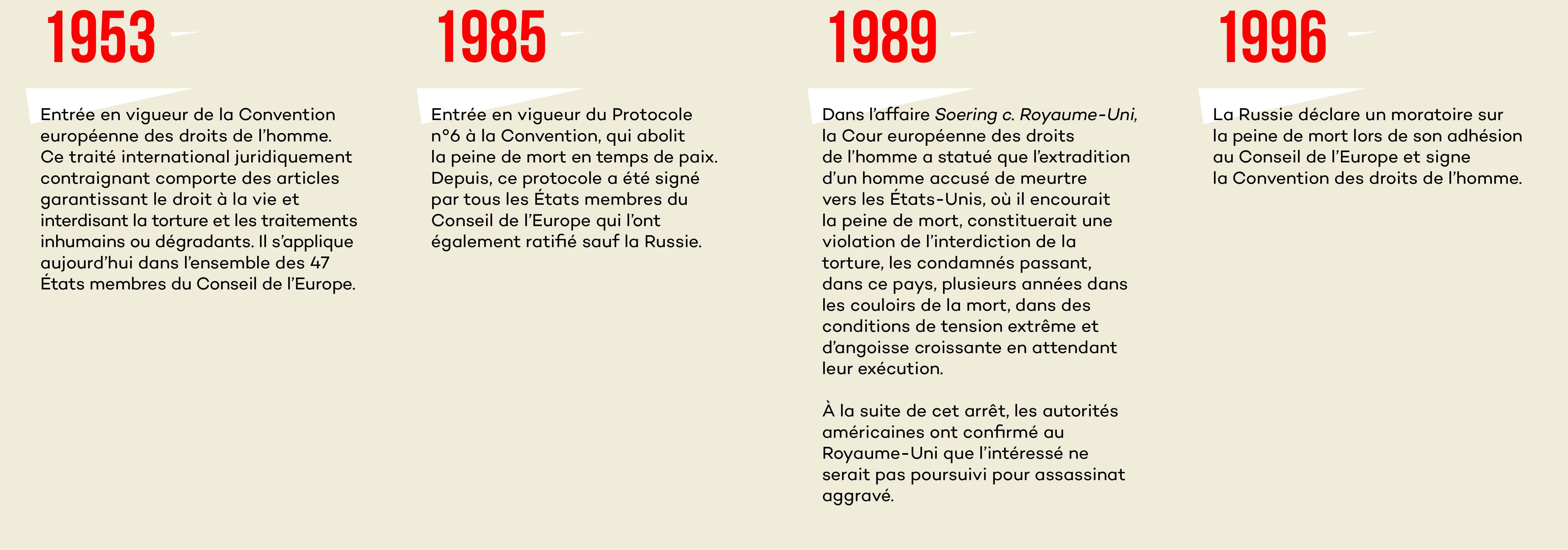
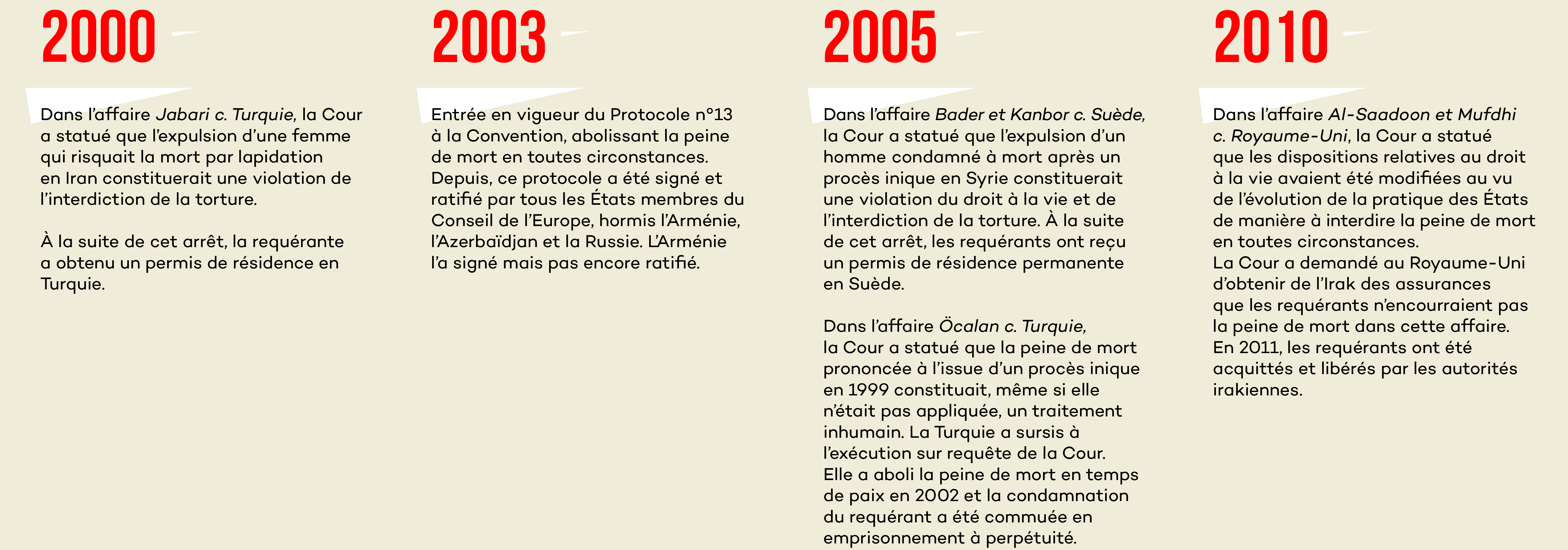
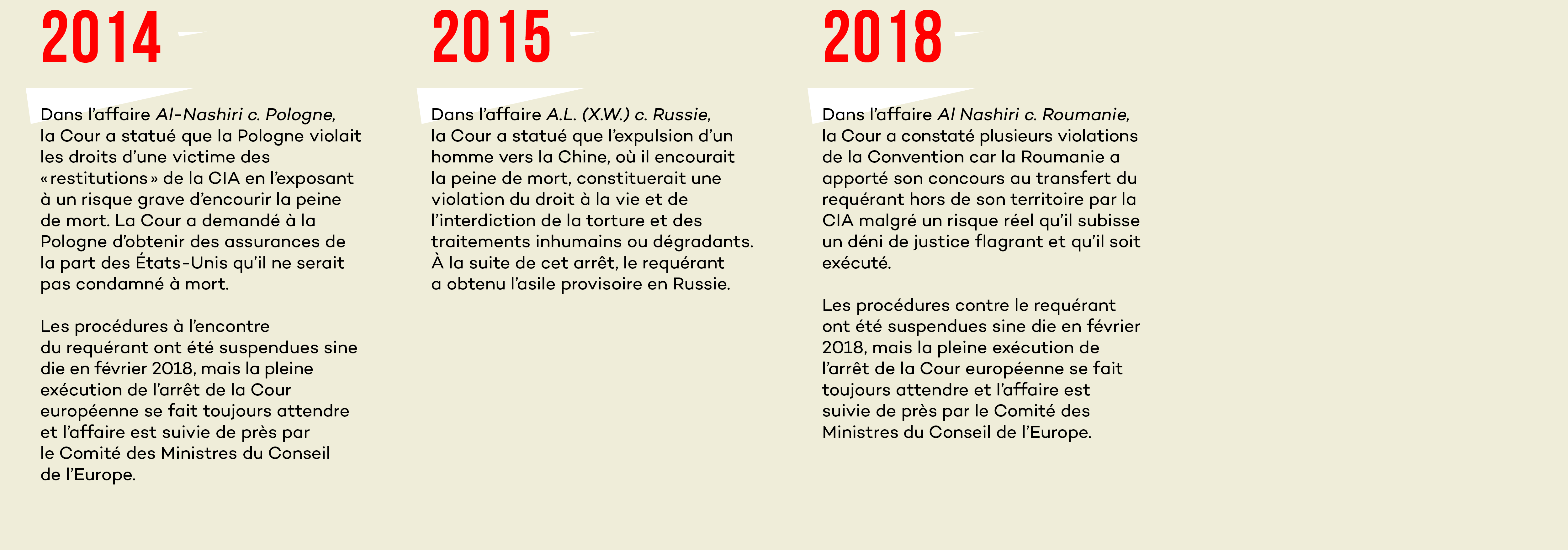
Précédent
Suivant
Avocat, ministre d’État dans plusieurs cabinets de 1974 à 1976, membre du Parlement jusqu’en 1982, délégué du Conseil de l’Europe, il s’est fait connaitre comme un farouche adversaire de la peine de mort. Enfin, Carl Lidbom fut ambassadeur à Paris de 1982 à 1992, sous la présidence de François Mitterrand.
En Suède, le roi Oscar Ier (1799-1859) publie un ouvrage dans lequel il écrit que « Toute peine qui dépasse les limites de la nécessité tombera dans le domaine de l’arbitraire et de la vengeance. » Lui et ses successeurs usent du droit de grâce à un point tel que la sanction capitale n’est pas supprimée dans le code pénal de 1864 puisqu’elle est considérée comme une peine en désuétude. Le 17 juin 1921 l’abolition de fait est suivie d’une abolition législative.
Au Conseil de l’Europe, sur la base des conclusions du Rapport Ancel, la Conférence des Ministres européens de la justice examine périodiquement le problème de la peine de mort, d’autant que des États abolitionnistes sont entrés au sein de l’institution : l’Espagne (abolition en 1978), le Portugal (abolition en 1867) et le Liechtenstein (qui abolit en 1989 mais n’a plus exécuté depuis 1785). En 1978, le Comité des affaires juridiques nomme un nouveau rapporteur, le suédois Carl Gunnar Lidbom. Dans la Revue Forum éditée par le Conseil de l’Europe, il émet des réserves sur le rôle de l’institution, estimant qu’elle est en perte de vitesse : « Prenons l’abolition de la peine de mort qui soulève aujourd’hui des débats passionnés dans divers pays, en France notamment. Le Conseil de l’Europe devrait se trouver au premier rang dans toute lutte pour les valeurs humaines, or il est pratiquement absent de ce débat. La Convention Européenne des Droits de l’Homme même reste sur ce point plus laxiste que les conventions de l’ONU1. » Il martèle, déclarant que la peine de mort en temps de paix est « incompatible avec les nouvelles tendances en criminologie et en droit pénal » et contraire à l’article 3 de la CEDH. À ses yeux il est nécessaire d’amender l’article 2. L’Assemblée parlementaire se saisit à plusieurs reprises de cette question en 1979, afin de se préparer à légiférer au sujet de l’abolition de la peine de mort pour les crimes commis en temps de paix. Carl Lidbom est désigné rapporteur. L’Assemblée parlementaire du Conseil de l’Europe adopte une résolution catégorique alors même que la Conférence des Ministres européens de la Justice n’a pas pris une position nette en faveur de l’abolition. Sur le rapport de Lidbom, l’Assemblée adopte à sa 32ème Session, deux textes, le 22 avril 1980. La Résolution 727 (adoptée par 79,67 % des votants), relative à l’abolition de la peine de mort :
« L’Assemblée,
Considérant que la peine de mort est inhumaine,
Fait appel aux parlements de ceux des États membres du Conseil de l’Europe qui maintiennent la peine de mort pour des crimes commis en temps de paix, pour la supprimer de leurs systèmes pénaux. »
Cette résolution est complétée par la Recommandation 891 adressée aux pays membres :
« Se référant à la résolution 727 (1980), relative à l’abolition de la peine de mort ;
Considérant que la Convention européenne des droits de l’homme reconnaît, dans son article 2, le droit de toute personne à la vie, mais prévoit que la mort peut être infligée intentionnellement en exécution d’une sentence capitale prononcée par un tribunal au cas où le délit est puni de cette peine par la loi ;
Recommande au Comité des Ministres de modifier l’article 2 de la Convention européenne des Droits de l’Homme dans le sens de la Résolution 727 (1980) de l’Assemblée. »
Les travaux préparatoires ont été longs et fastidieux mais le Protocole n° 6 additionnel à la Convention est enfin signé le 28 avril 1983.
« La liberté et les droits de l’homme ne sont pas des concepts figés. Il ne suffit pas de sauvegarder les droits acquis. Le Conseil de l’Europe doit être l’élément dynamique de lutte pour la démocratie dans toutes nos sociétés européennes2 ».
Marie Bardiaux-Vaïente
[1] Carl Lidbom, « Conseil de l’Europe : un avenir difficile », Forum, Conseil de l’Europe, quatrième trimestre, 1978, Strasbourg, p. 16.
[2] Carl Lidbom, « Conseil de l’Europe : un avenir difficile », Forum, Conseil de l’Europe, quatrième trimestre, 1978, Strasbourg, p. 16.
- livre
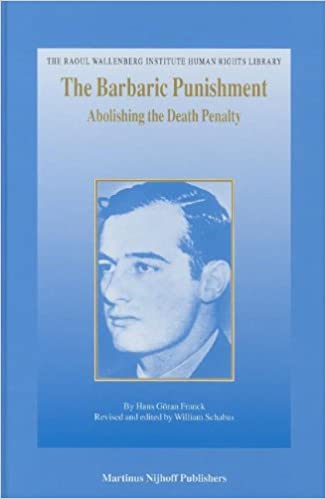
Barbaric punishment
Auteur : Hans Göran Franck
Date de publication : 2003
Editeur : Brill
In this volume, Swedish human rights activist and political figure, Hans Göran Franck, examines the administration of the death penalty from a historical perspective. The author’s opinions are based on his lifelong work and devotion to abolishing the ‘barbaric punishment’. Building upon previously unpublished material and considerable detail drawn from Franck’s personal experiences, it focuses on both the progressive developments within European countries and institutions over several decades, and the frustratingly retrograde situation that prevails in the United States.
The author dedicated this book to those facing a sentence of death. During the course of his work, the author traveled to numerous countries and met many condemned men and women. Publication of this important volume, which comes a few years after Hans Göran Franck’s untimely passing, coincides with a major development to which he contributed, the adoption of Protocol No. 13 to the European Convention on Human Rights, which abolishes capital punishment in both wartime and peacetime. William A. Schabas a law professor who specializes in the subject of capital punishment, has ensured that the manuscript is up to date, and contributed the introductory chapter.
- podcast
- quiz
- activité
